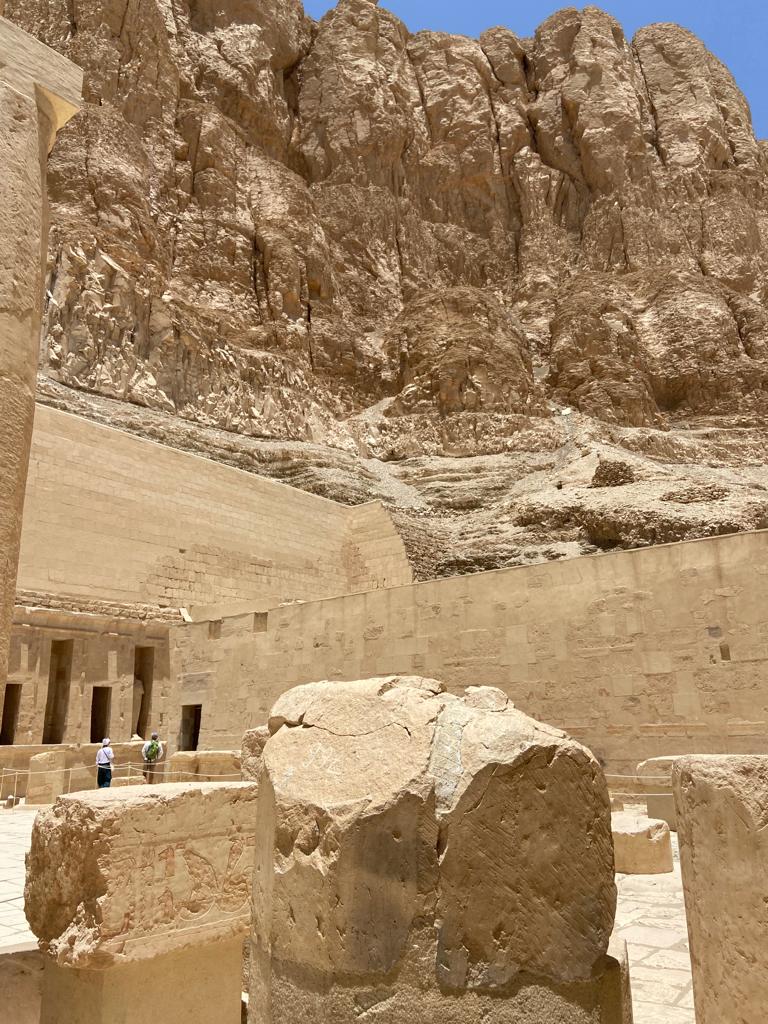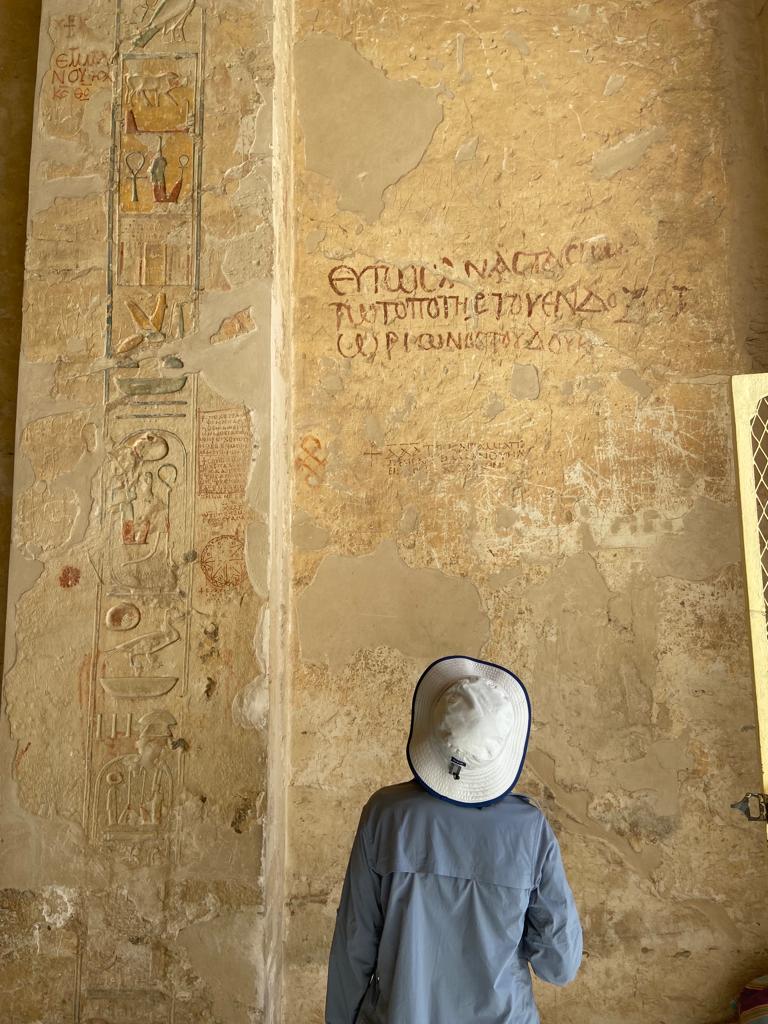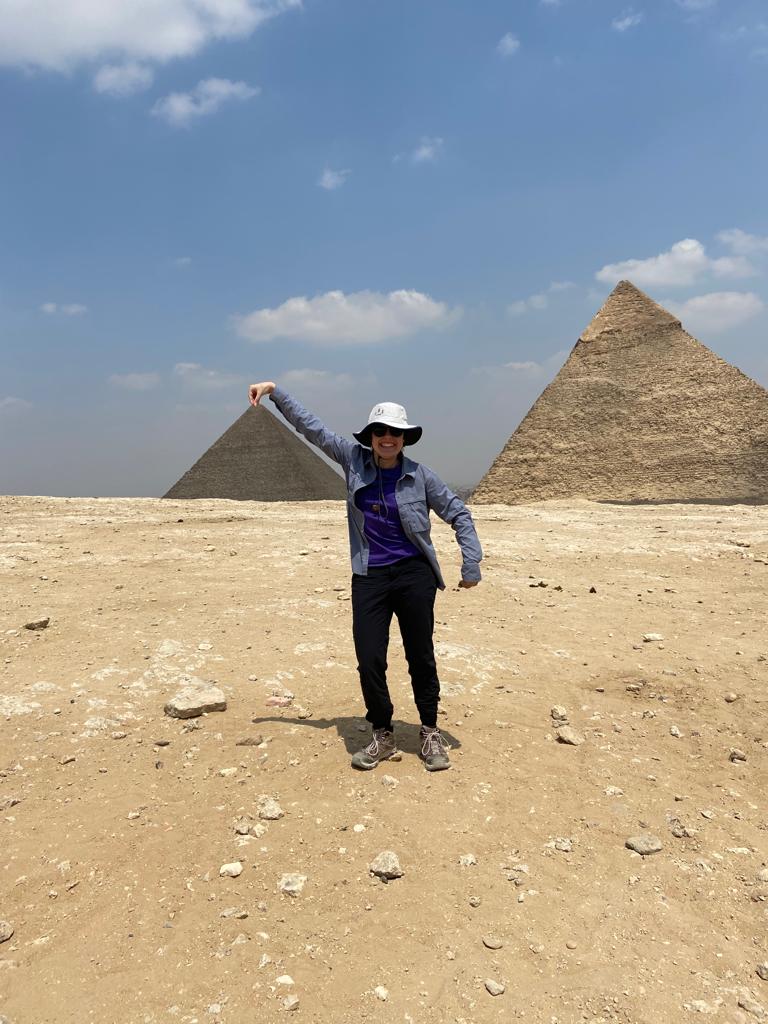While traveling, there are lots of little reminders that this is not where you belong. Many of those reminders, when you are a tourist, are good: new foods, different landscapes, different languages. Some of those reminders can be somewhat uncomfortable, and especially on a long trip those uncomfortable reminders tend to pile up.
I have been out of the US for just over a month, now. Most of that time was spent in Egypt, but the last few days I have been in Slovakia. I miss the frozen waffles and the peanut butter products. I miss Gatorade when I’m sick and laws preventing smoking in restaurants and cafes. I miss the robust public library system and being able to read most of the signs. I miss the cereal options and the abundant public water fountains. Some places in Europe, like Paris and Vienna, do have water fountains but most places don’t.
Slovakia and Egypt both have lots of great things that we don’t have in the US: affordable medication and empowered pharmacists, Roman history, robust student discounts, some remarkable architecture, great historic churches and monasteries, easy and efficient recycling. And Slovakia does have some familiar-to-an-American things that Egypt didn’t have: people here don’t honk as an integral part of driving, there are many crosswalks and working traffic lights, you can flush toilet paper, there’s formal pricing (and a lot less bargaining) and Slovakia’s not a military dictatorship.
But there are things that I miss about Egypt, too. The cats and the tuktuks, the juice culture, the random chairs strewn around Cairo, the sense of history. The time between the building of the Pyramids of Giza (probably finished around 2490 BCE) to Cleopatra (d.30 BCE) was 2360 years – longer than the time span between Cleopatra and the invention of the iPhone (2007), which was only 2037 years. There’s something to be said for standing in a place where humans built things that have lasted that long – that despite wars, colonialism, pillaging, greed, vandalism, and climate change still stand.



And yet, even more than peanut butter products, when I’m not in the US I miss…my smile being un-remarkable. In part, its American orthodontics, but in the places I have traveled, my particular brand of friendliness and my general smiley-ness which in the US mark me as “friendly” and “extroverted” elsewhere mark me as “other”. This is not to say that people in the places I have been have not been friendly – in Egypt, many people talked to us just because they were curious or kind, and before I even landed the elderly couple who were my seat neighbors made sure to give me their contact information so I could call them if I had an emergency. People, many people, were friendly. It’s the…smiling-laughing sort of friendliness, the love for warm small talk, that marks me as strange and that I miss when I am abroad. It is not something all Americans like, and America does not have a monopoly on it, but it is something that marks me right away as a non-European white person.
Those little reminders, both the good and the uncomfortable, exist wherever we are – because we are always traveling in this strange land, whether we acknowledge it or not. One of the many ways God speaks to us is in those reminders – tastes of heaven, unbearably perfect moments, the uncomfortable sense of not belonging. It is easier to see without the veil of familiarity dulling the sense of newness and wonder that tourists experience, and it is easier to see in a place where we know we should be out of place, such as in a new state or country. But those reminders are there, even in places we feel we should belong such as our hometown or the place we live/work.
In some sense, facing the reality that we are visitors here is what we are called to do. Paul writes in his letter to the Romans, 1I appeal to you therefore, brothers and sisters, on the basis of God’s mercy, to present your bodies as a living sacrifice, holy and acceptable to God, which is your reasonable act of worship. 2 Do not be conformed to this age, but be transformed by the renewing of the mind, so that you may discern what is the will of God—what is good and acceptable and perfect. (Romans 12:1-2). We are not called to conform to this age, to copy the behaviors and customs of this world – instead, God wants to renew our minds, and transform us, so that we may know God’s will. Paul then goes on to detail what that looks like. We should…
- judge ourselves soberly and with humility, each according to the measure of faith that God has assigned (12:3)
- appreciate the different functions of different members of the body (12:4)
- consider prophecy, ministry, teaching, encouraging, giving, and leading gifts given by grace (12:6-8)
- Let love be genuine; hate what is evil; hold fast to what is good (12:9) and Rejoice in hope; be patient in affliction; persevere in prayer (12:12)
- Contribute to the needs of the saints; pursue hospitality to strangers (12:13)
- Rejoice with those who rejoice; weep with those who weep (12:15)
- Trust the Lord with vengeance: never avenge ourselves or repay evil for evil (12:17-19)
- Overcome evil with good, going so far as to feed our hungry enemies (12:20-21).
Some of these traits are normal in modern America: rejoicing with those who rejoice and weeping with those who weep is pretty basic. Some of these traits were culturally more common to Paul than to us, such as pursing hospitality to strangers. Some of Paul’s description of Christian life was equally foreign to Paul as to us: not avenging ourselves, for example.
Paul’s call to us, here, is that while we live in the world we partner with God in the transforming of our minds and souls by his grace, that we can live as living sacrifice to Him – and that we may come to know His will. The results of God’s work, of resisting conformity to this world, are profound: hospitality to strangers, trusting the Lord to take vengeance, feeding our enemies, participating by grace in the ministries with have been given (be they teaching, encouraging, giving etc).
We do not belong here. And when we remember the trips we’ve taken, the adventures we’ve had, the journeys we have endured – we can perhaps capture some of that resistance that Paul is talking about. There are places that show us and remind us that we do not and cannot fit in. Perhaps we can carry some of that feeling of foreignness with us, in the places we know well – to remind us that this is not our homeland, even when it feels that way. We come from – and will spend eternity – somewhere else.
Leave a Reply